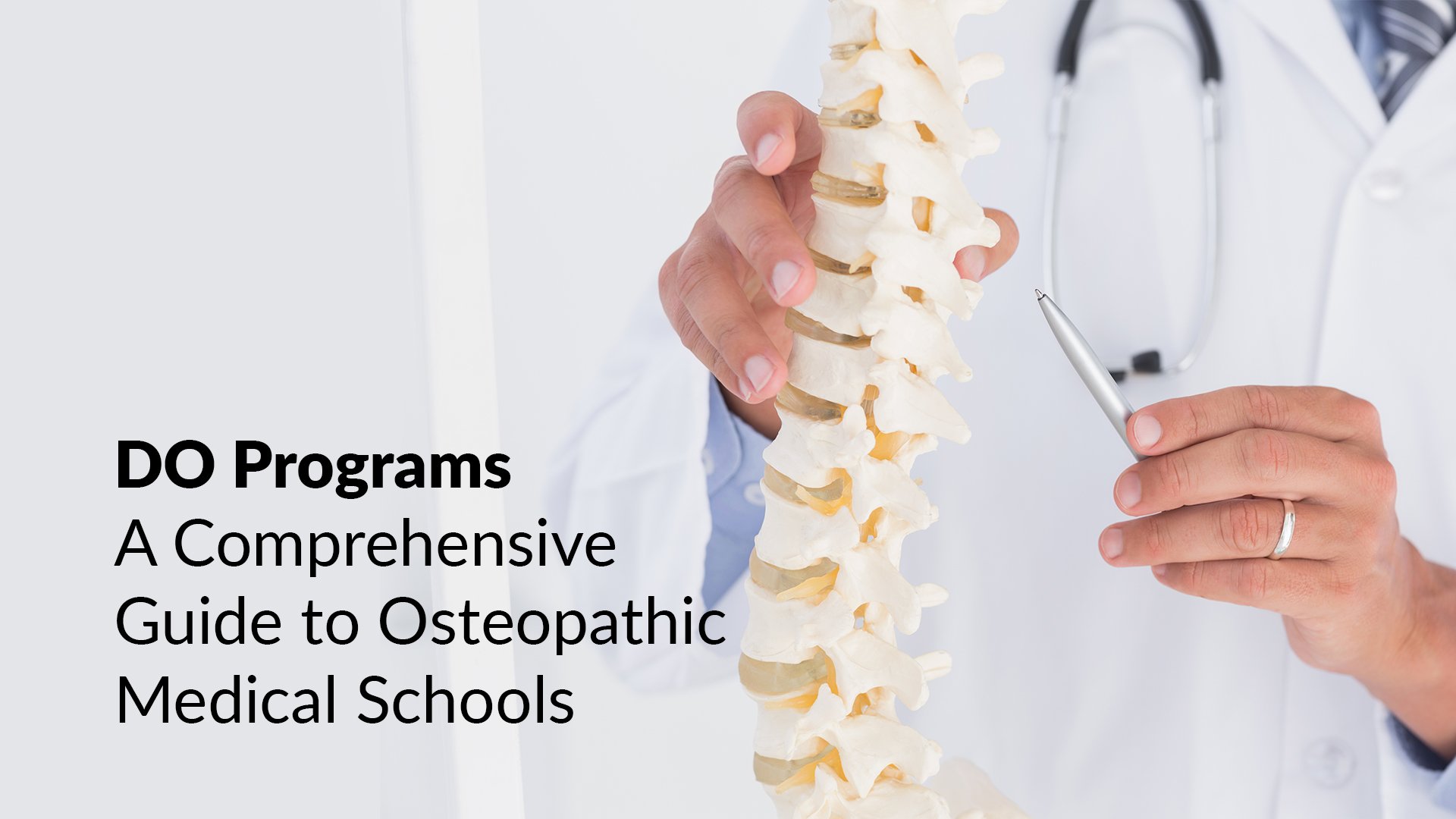- Joined
- Apr 6, 2020
- Messages
- 480
- Reaction score
- 1,247
Hello everyone!
I'm a senior in college who is on a reinvention path at the moment. Planning on applying to mostly DO schools in the coming cycle and doing either a DIY post-bacc or SMP in the meantime. My cGPA is 3.2 and my sGPA is 3.0.
I am registered to take the MCAT on March 13. My plan is to study full-time for 6 weeks until classes start on January 25, then cut the hours down and take practice tests every weekend until the exam.
I'm currently registered for 15 credit hours in the spring, all of which are BCPM. The classes are:
- Physics 2 (4 hours)
- Research for credit (4 hours)
- Intro to microbiology (4 hours)
- RNA and biotechnology (3 hours)
My question is: do you guys think 15 credit hours is advisable to couple with a March 13 test date? The only other commitment I'll have is volunteering which will only be a few hours per week. Plus I'm planning on getting the bulk of my studying done over the winter break. However, I could certainly drop the RNA and biotechnology class, go down to 12 hours, and remain full time.
I'm mainly asking this question because the MCAT will be hugely important for my application. I just recently got serious about being pre-med and fixed my studying habits, and I know that I'll need a stellar MCAT score to show any admissions committee that I've changed. However, on the flip side, I need good grades in science classes. My GPA is pretty low and I only have 2 semesters worth of A's in science classes so far. For context, I took a Kaplan diagnostic way back in June (prior to physics 1 and biochem, both of which went pretty well) and got a 503.
Thank you all for the advice in advance!
I'm a senior in college who is on a reinvention path at the moment. Planning on applying to mostly DO schools in the coming cycle and doing either a DIY post-bacc or SMP in the meantime. My cGPA is 3.2 and my sGPA is 3.0.
I am registered to take the MCAT on March 13. My plan is to study full-time for 6 weeks until classes start on January 25, then cut the hours down and take practice tests every weekend until the exam.
I'm currently registered for 15 credit hours in the spring, all of which are BCPM. The classes are:
- Physics 2 (4 hours)
- Research for credit (4 hours)
- Intro to microbiology (4 hours)
- RNA and biotechnology (3 hours)
My question is: do you guys think 15 credit hours is advisable to couple with a March 13 test date? The only other commitment I'll have is volunteering which will only be a few hours per week. Plus I'm planning on getting the bulk of my studying done over the winter break. However, I could certainly drop the RNA and biotechnology class, go down to 12 hours, and remain full time.
I'm mainly asking this question because the MCAT will be hugely important for my application. I just recently got serious about being pre-med and fixed my studying habits, and I know that I'll need a stellar MCAT score to show any admissions committee that I've changed. However, on the flip side, I need good grades in science classes. My GPA is pretty low and I only have 2 semesters worth of A's in science classes so far. For context, I took a Kaplan diagnostic way back in June (prior to physics 1 and biochem, both of which went pretty well) and got a 503.
Thank you all for the advice in advance!

